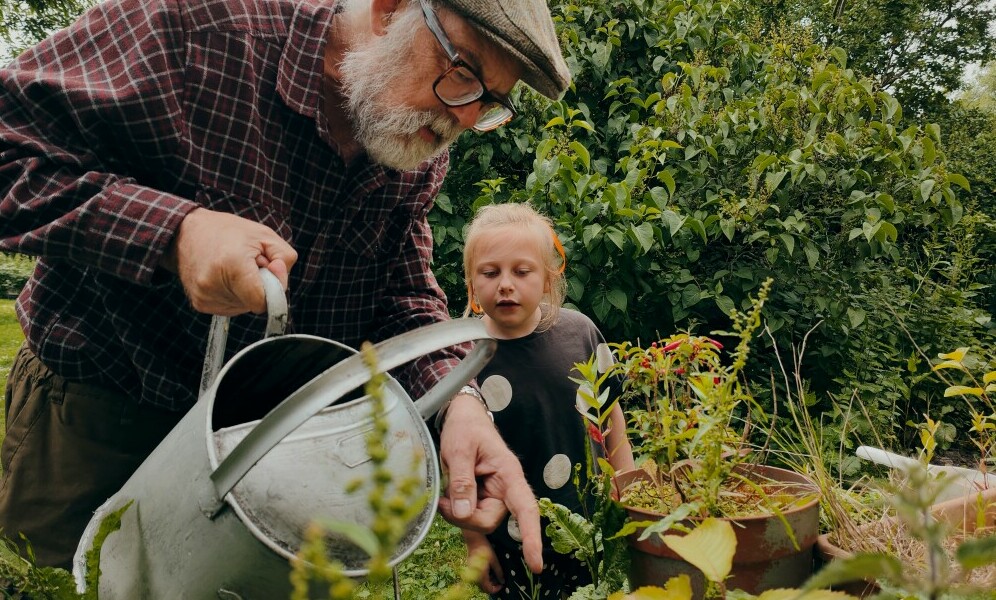Sustainable gardening is a practice that aims to minimize the environmental impact of gardening activities while promoting biodiversity and ecological health. Here are some simple sustainable gardening ideas
Composting
- Start a compost bin to recycle kitchen and garden waste into nutrient-rich compost. This reduces the need for chemical fertilizers.
Water Conservation
- Collect rainwater in barrels for irrigation.
- Use drip irrigation systems to minimize water wastage.
- Choose drought-resistant plants that require less water.
Native Plants
- Opt for native plants in your garden, as they are adapted to local conditions and support local wildlife.
Organic Gardening
- Avoid synthetic pesticides and fertilizers. Instead, use organic alternatives.
- Practice companion planting to naturally control pests.
Mulching
- Apply mulch to retain soil moisture, suppress weeds, and regulate soil temperature.
Permaculture
- Implement permaculture principles to design an integrated, sustainable ecosystem.
- Create guilds by planting complementary species together.
Bee-Friendly Gardens
- Plant flowers that attract pollinators such as bees and butterflies.
- Avoid using pesticides harmful to pollinators.
Upcycling and Repurposing
- Reuse household items for gardening, such as old containers, pallets, or broken tools.
Natural Pest Control
- Introduce natural predators like ladybugs or use neem oil to control pests.
- Rotate crops to disrupt pest life cycles.
Energy-Efficient Tools
- Use manual or electric tools powered by renewable energy sources.
- Maintain and repair tools instead of replacing them.
Wildlife Habitat
- Create spaces for wildlife, such as birdhouses, bee hotels, or ponds.
- Allow a portion of your garden to grow wild to support biodiversity.
No-Till Gardening
- Practice no-till or minimal tillage to preserve soil structure and reduce erosion.
Local and Sustainable Materials
- Choose locally sourced and sustainable materials for garden structures, paths, and containers.
Educational Outreach
- Share your sustainable gardening practices with neighbours and community members to promote awareness and positive change.
Energy-Efficient Lighting
- If you have garden lighting, use energy-efficient LED bulbs or solar-powered lights.
Rain Gardens
- Design a rain garden to manage stormwater runoff and prevent soil erosion.
Remember that sustainable gardening is a holistic approach that considers the environmental, social, and economic aspects of gardening. Implementing just a few of these ideas can contribute to a more sustainable and eco-friendlier garden.
Brought to you by Eco TIGA – Your Friendly Guide to Eco-Friendly Living

